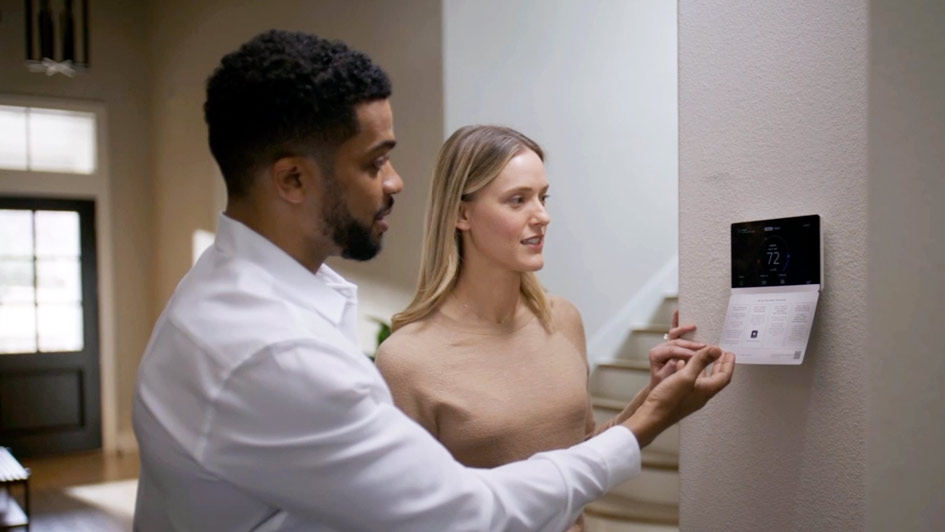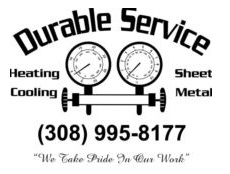
Completing the search for your first home is exciting. You’re probably trying to keep track of a dozen things or more about making the right choice. We believe that understanding your potential new HVAC system is essential. The property’s HVAC system represents a significant investment and source of potential long-term costs, so being thorough helps all first-time homebuyers.
In this guide, we’ll share seven tips for discovering all there is to know about a home’s heating and cooling setup. And if you want a more in-depth opinion from the experts, feel free to call Durable Service. Our staff can help you compare your options with industry insights you won’t find elsewhere.
1. What HVAC System Are You Working With?
Start by determining what type of HVAC system the home includes. Furnaces tend to last longer compared to air conditioners, and relatively new types of HVAC systems like heat pumps can offer average life spans that are impressively long. Knowing the make and specific model provides a clear understanding of how much maintenance it will require.
2. What Is the Current System’s Age?
It’s just as smart to learn how old the HVAC system is when you're looking at a potential new home. For the most part, HVAC systems tend to run for about 10-12 years. Learning its approximate installation date helps you anticipate future maintenance needs or considerations if it might shut down for good. Older systems are more prone to problems, so planning ahead of time for a replacement unit could be necessary sooner than you thought.
3. Is the Warranty Still in Effect?
Check if the HVAC system is covered by a warranty. If it is, you’ll appreciate how it can lighten the load for maintenance expenses. HVAC warranties often cover parts and labor, but the details in each policy will vary. Review any terms that seem confusing to make sure you fully understand your coverage and potential out-of-pocket costs.
4. When Was the Last Time It Received Maintenance?
Next, examine the maintenance history of the HVAC system, if this kind of history is available. This kind of information can demonstrate if the repair needs are high or how often a tune-up was scheduled. You should at least try to track down a history of key tasks like filter changes, which means it enjoyed more regularly scheduled tune-ups.
5. Are You Aware of the System’s Energy Efficiency Ratings?
Selecting a system with strong energy efficiency isn’t just smart; it leads to more manageable utility bills and less of an impact on the environment. Try and find the seasonal energy efficiency ratio (SEER) ratings for air conditioning as well as the annual fuel utilization efficiency (AFUE) for furnaces. High SEER ratings mean more efficient cooling throughout the season, while higher AFUE ratings indicate that the fuel is more effectively burned for useable heat.
6. Have You Noticed Signs of Problems After Completing an Informal Inspection?
Even without the know-how of an HVAC technician, you should still inspect the HVAC system yourself. Look for any concerning items that haven't been mentioned by the seller. This might consist of odd sounds, spots with uneven heating or cooling and attempts at concealing any visible damage.
7. Have You Sought Out Expert Advice?
If you're unsure about the overall state of the HVAC system, it's beneficial to get input from experienced HVAC technicians. They can spot things you may not know about, including leaks in the refrigerant, bad electrical connections or flawed ductwork.
A Call with Durable Service Simplifies Your Home-Buying Journey
Selecting your first home should be thrilling, and Durable Service wants to ensure it stays that way. Reach out with us at 308-995-8177. We can go over the details about how our HVAC services ease your mind, giving you what you need to step into your new home with confidence.

